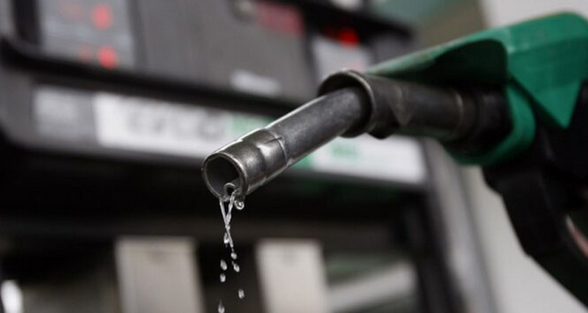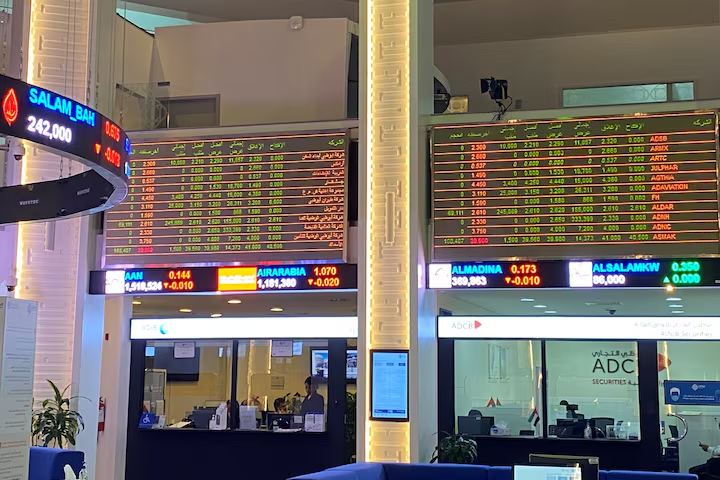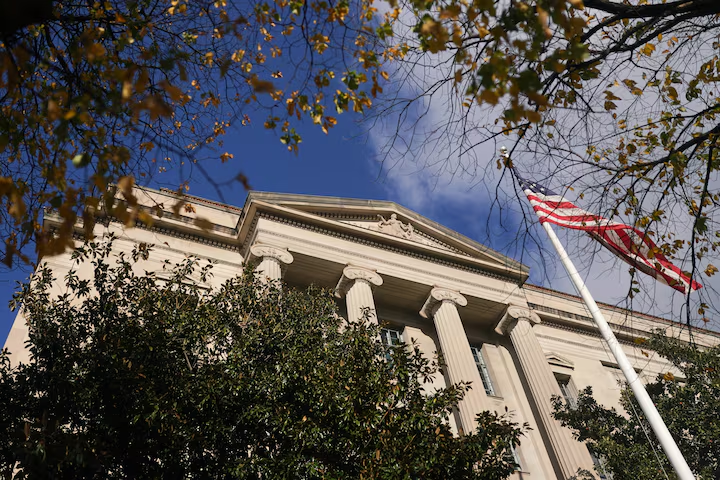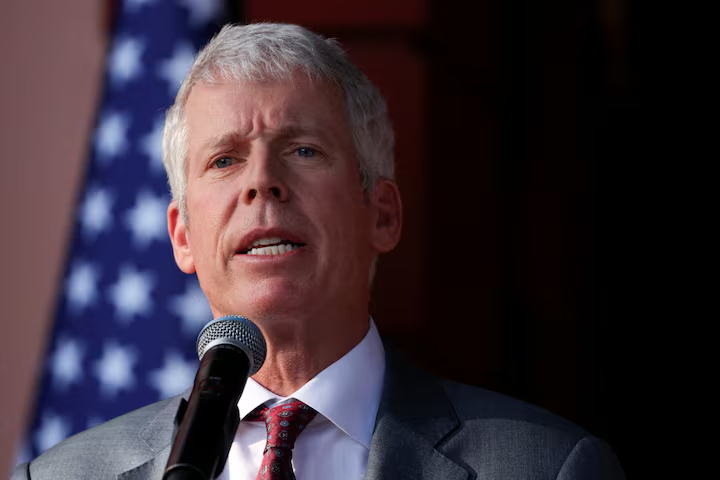
The National Bureau of Statistics (NBS) says Sokoto, Kaduna and Adamawa states paid the highest amount for premium motor spirit (PMS), better known as petrol, in June 2022.
The average petrol price during the month under review was N175.89 per litre.
The NBS said this in its latest PMS price watch report for June 2022, released on Thursday.
Despite regulation of petroleum prices and the huge cost of subsidies, some states still pay more than the average price over the margin in transportation costs.
2021, petrol subsidy payments gulped N1.43 trillion, shrinking revenue accrued to the federation account to N542 billion.
This year, the national assembly approved the request of President Muhammadu Buhari to earmark N4 trillion for petrol subsidy in 2022.
In five months, the nation has expended over N1 trillion on subsidy payments.
The World Bank, in its Nigeria’s Development Update (NDU), projected that petrol subsidy would gulp N5 trillion in 2022.
According to NBS, the average retail price paid by consumers for petrol increased to N175.89 in June 2022, from N165.61 recorded in June 2021, indicating a 6.21 percent increase.
On a month-on-month basis, the average retail price increased by 1.63 percent from N173.08 in May 2022, compared to the average retail price paid by consumers in June 2022.
“On state profile analysis, the highest average retail price for Premium Motor Spirit (Petrol) was recorded in Sokoto with N195.55, followed by Kaduna and Adamawa with N190.80 and N190.67 respectively,” the report reads.
“On the other hand, the lowest average retail price for Petrol was recorded in Benue with N165.00, followed by Ogun and Kebbi with N165.20 and N165.33, respectively.”
Across the geopolitical zones, the report showed that the highest average retail price was recorded in the north-east zone with N182.67, while the north-central had the least with N167.36.
On Tuesday, President Muhammadu Buhari unveiled the Nigerian National Petroleum Company Limited (NNPC) Limited.
The development means that NNPC as a company will be guided by the Companies and Allied Matters Act (CAMA), following the Petroleum Industry Act (PIA) 2021.
Mele Kyari, group chief executive office (GCEO), NNPC, said the new company would not concern itself with price determination, subsidy and the ilk.






